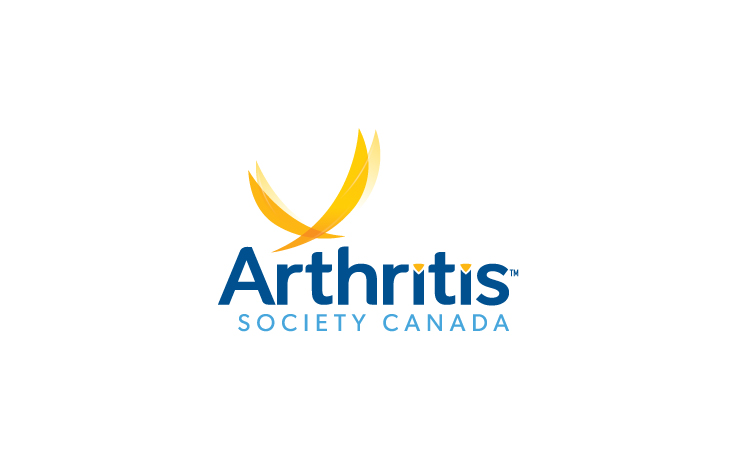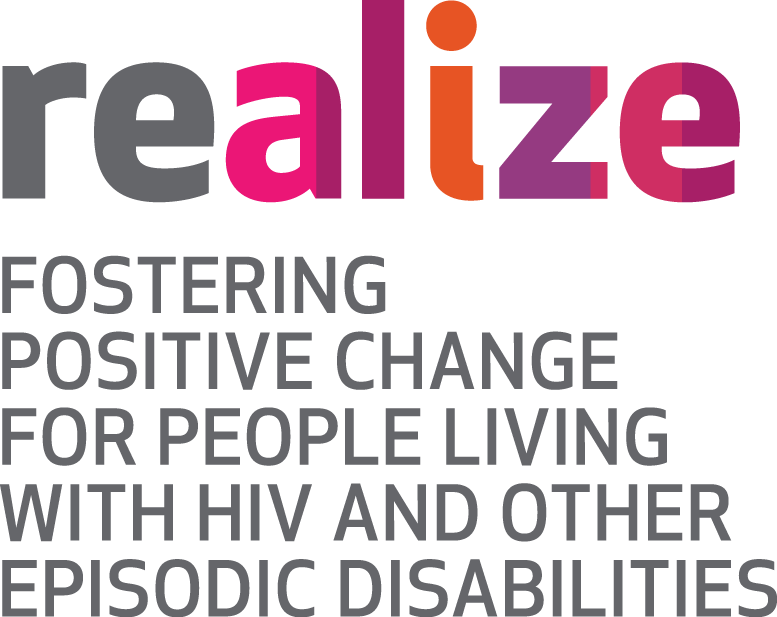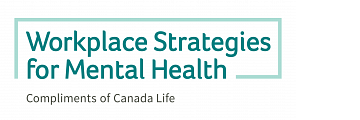The ACED Toolkit was developed by the Accommodating and Communicating about Episodic Disabilities (ACED) Partnership Project, led by Dr. Monique Gignac at the Institute for Work & Health from 2016 to 2025. This project brought together researchers and community partners to develop evidence-based workplace tools to support the sustained employment of people with episodic disabilities.
Because episodic conditions are often unpredictable and invisible to others, with symptoms that fluctuate from one period in time to another, they create unique challenges in managing workplace disabilities. In particular, episodic disabilities present challenges to workers, supervisors, disability managers and human resources personnel in balancing:
- workplace health communication and the protection of worker privacy; and
- worker needs for support or accommodations and workplace productivity.
The ACED project aimed to enhance the work sustainability and support provided to Canadians with episodic mental and physical health conditions through the development of easily accessed, evidence-based tools that protect privacy and facilitates communication and accommodation planning among workers, supervisors and other workplace parties.
For more information, including published research supporting the ACED Toolkit, please see the ACED project page at the Institute for Work & Health.
Funding
ACED was funded as part of the Healthy and Productive Work initiative, a joint initiative of the Canadian Institutes of Health Research (CIHR) and the Social Sciences & Humanities Research Council of Canada (SSHRC).
The Healthy and Productive Work initiative aimed to bring together a wide range of researchers and stakeholders across sectors to develop, implement and evaluate evidence-informed solutions to improve the health and productivity of Canada’s diverse workforce. In particular, projects funded by the initiative focus on developing and improving accommodations, tools, and policies to support the labour force participation of men and women with health issues and disabilities, as well as older workers and workers with caregiving responsibilities outside of their paid work.
The Canadian Institutes of Health Research is Canada's federal funding agency for health research. Composed of 13 institutes, CIHR collaborates with partners and researchers to create new scientific knowledge and to enable its translation into improved health, more effective health services and products, and a strengthened Canadian health-care system.

The Social Sciences and Humanities Research Council of Canada (SSHRC) is the federal research funding agency that promotes and supports post-secondary-based research and research training in the humanities and social sciences. By focusing on developing talent, generating insights and forging connections across campuses and communities, SSHRC strategically supports world-leading initiatives that reflect a commitment to ensuring a better future for Canada and the world.

Project Team
Project Director & Principal Investigator: Monique Gignac, Institute for Work & Health
Project Coordinator: Julie Bowring, Institute for Work & Health
Academic Co-investigators
- Dorcas Beaton, Institute for Work & Health
- Curtis Breslin, Institute for Work & Health
- Emma Irvin, Institute for Work & Health
- Arif Jetha, Institute for Work & Health
- Ron Saunders, Institute for Work & Health
- Peter Smith, Institute for Work & Health
- Emile Tompa, Institute for Work & Health
- Dwayne Van Eerd, Institute for Work & Health
- Renée-Louise Franche, Simon Fraser University
- Joy MacDermid, Western University
- William S. Shaw, University of Connecticut School of Medicine
- Aaron Thompson, Workers' Insurance Board of Ontario
Academic trainees
- Genevieve Jessiman-Perreault, Institute for Work & Health
- Gemma Woticky, Institute for Work & Health
Project Support, Institute for Work & Health
- Jan Dvorak
- Andrea Larney
- Morgane Le Pouésard
- Sara Macdonald
- Lyudmila Mansurova
- Cindy Moser
- Lahmea Navaratnerajah
- Marta Pienkowski
- Amna Qureshi
- Sabrina Tonima
- Uyen Vu
Expert Advisory Committee
- Alexander Ewing
- Amanda Fraser
- Catherine Hofstetter
- Hayley Pitcher
- Graeme Reed
Partner organizations and representatives
Arthritis Society Canada
Partner representatives
- Siân Bevan, Chief Science Officer
- Helen Anderson, Director, Information and Support (2018-2023)
- Carolyn Goard, Director of Knowledge Translation and Exchange (2023-2025)
Canadian Mental Health Association
Partner representatives
- Jordan Friesen, National Director, Workplace Mental Health (2018-2020)
- Shoraez Shahjahan, National Senior Manager (2020-2025)
Crohn’s and Colitis Canada
Partner representatives
- Kate Lee, Vice President, Research and Patient Programs
- Emily Cordeaux, Research Grants & Evaluation Manager (2018-2021)
- Sajjad Fazel, Manager, Research Impact Communication & Evaluation (2021-2022)
- Roshane Francis, Research Impact & Communications Manger (2022-2025)
MS Canada
Partner representative
- Julie Kelndorfer, Director, Government and Community Relations, Alberta & Northwest Territories Division
Ontario Ministry of Labour, Immigration, Training and Skills Development
Partner representative
- Janis Bartley, Director, Strategic Human Resources Branch (2016-2023)
Realize
Partner representatives
- Tammy Yates-Rajaduray, Executive Director
- Melissa Egan, National Lead, Episodic Disabilities
- Wendy Porch, Manager, Episodic Disabilities Initiatives (2016-2018)
- Annette Wilkins, Manager, Episodic Disabilities Initiatives (2018-2021)
Workplace Strategies for Mental Health
Partner representative
- Mary Ann Baynton, Director of Strategy and Collaboration









